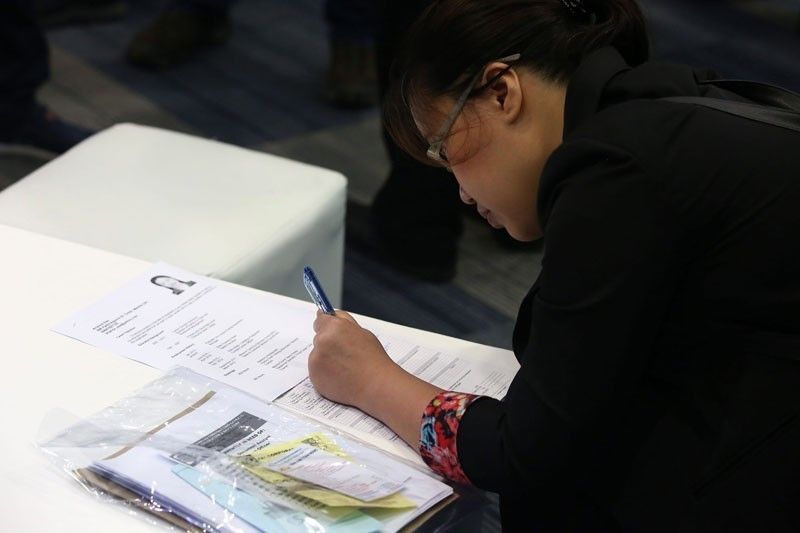Women still struggle to find jobs — ILO

MANILA, Philippines — Women still struggle to find jobs and remain under-represented at the top despite being better educated than their male counterparts, according to a new report of the International Labor Organization (ILO).
The report showed that 1.3 billion women were in workplaces last year, compared to two billion men, or an improvement of less than two percent in the last 27 years.
“Glass ceiling concerns over the lack of upward mobility at work also persist, given that fewer than one-third of managers are women,” the report said.
Education, the report added, is not the main reason for lower employment rates and lower pay of women, but rather that women do not receive the same dividends for education as men.
According to the ILO’s findings, women’s pay is 20 percent lower than men’s, on a global average.
This discrepancy is linked to a career-long “motherhood wage penalty,” which contrasts with the fact that fathers enjoy a “wage premium.”
Between 2005 and 2015, there was also a 38 percent increase in the number of working women who did not have young children, compared to those who had.
An ILO-Gallup 2017 global report found that 70 percent of women prefer working rather than staying at home – something men largely agree with, the organization noted.
“A number of factors are blocking equality in employment and the one playing the largest role is caregiving,” said Manuela Tomei, director of ILO’s conditions of work and equality department.
“In the last 20 years, the amount of time women spent on unpaid care and domestic work has hardly fallen,” Tomei said.
Tomei added that men’s participation has increased by just eight minutes a day.
“At this pace of change it will take more than 200 years to achieve equality in time spent in unpaid care work,” she noted.
Last year, according to the report, women were more likely to work in low-skilled occupations and face worse employment conditions than men.
Women are also “more exposed” to informal jobs lacking social protection in more than 90 percent of sub-Saharan countries, 89 percent of Southern Asian states and almost 75 percent of Latin American nations.
“Women are also often found in occupations that are the most vulnerable… such as in domestic, home-based or contributing to family work,” the ILO report noted.
In terms of solutions that can help create a better future of work for women, the report calls for a “quantum leap” of transformative policy choices.
These include creating or reviewing laws to establish equal rights for all sexes in the world of work and repealing bans on women entering certain professions or from working at night or underground.
- Latest
- Trending





























